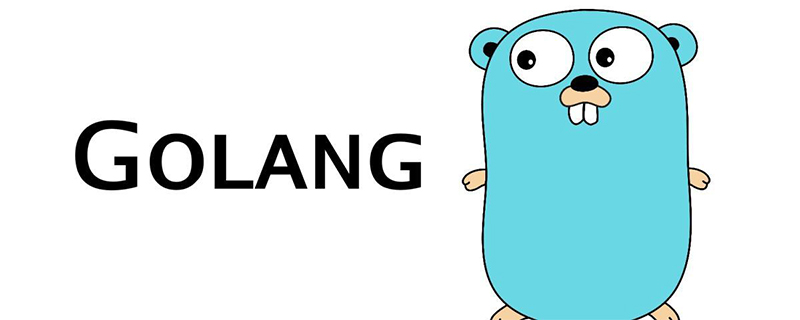

JSON (JavaScript Object Notation) is a more lightweight data exchange format than XML. It is easy for people to read and write, and it is also easy for programs to parse and generate.
Go languageBuilt-in support for JSON. Using the encoding/json standard library built into the GO language, developers can easily use GO programs to generate and parse data in JSON format.
Example:
package main
import (
"encoding/json"
"fmt"
)
type Book struct {
Title string
Author []string
Publisher string
Price float64
IsPublished bool
}
func main() {
b := []byte(`{
"Title":"go programming language",
"Author":["john","ada","alice"],
"Publisher":"qinghua",
"IsPublished":true,
"Price":99
}`)
//先创建一个目标类型的实例对象,用于存放解码后的值
var book Book
err := json.Unmarshal(b, &book)
if err != nil {
fmt.Println("error in translating,", err.Error())
return
}
fmt.Println(book.Author)
}The Json.Unmarshal() function will search for fields in the target structure according to an agreed order, and match if one is found. These fields must all be exportable fields starting with a capital letter in the type declaration.
For more golang knowledge, please pay attention to the golang tutorial column on the PHP Chinese website.
The above is the detailed content of How to read json data in golang. For more information, please follow other related articles on the PHP Chinese website!
 json data format
json data format
 what is json
what is json
 How to operate json with jquery
How to operate json with jquery
 How to define variables in golang
How to define variables in golang
 What are the data conversion methods in golang?
What are the data conversion methods in golang?
 What are the commonly used libraries in golang?
What are the commonly used libraries in golang?
 What is the difference between golang and python
What is the difference between golang and python
 Three triggering methods of sql trigger
Three triggering methods of sql trigger
 What are the differences between cellpadding and cellspacing?
What are the differences between cellpadding and cellspacing?